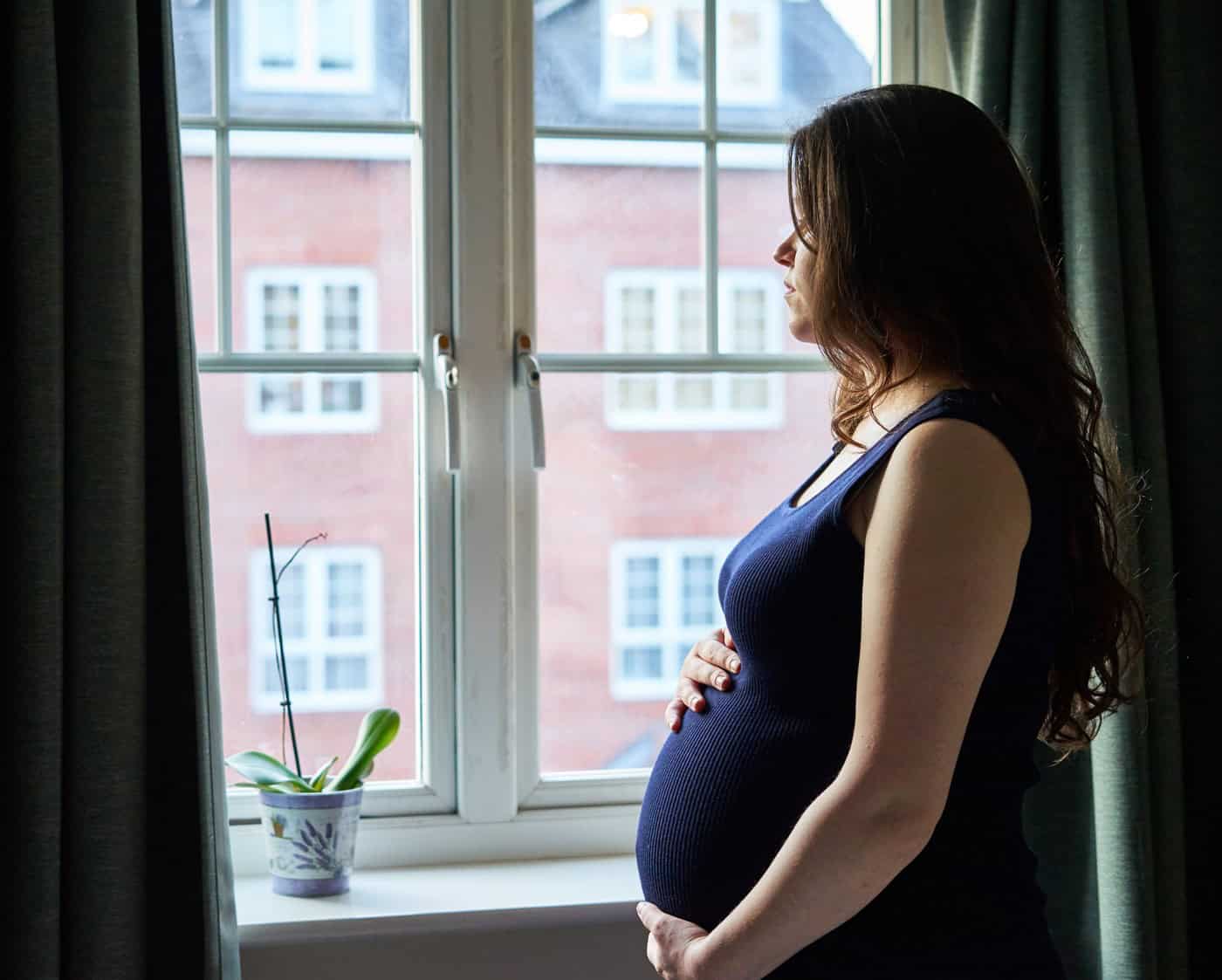
Patient Safety in Maternity Services
As a Child Brain Injury solicitor, I work closely with parents of children who have sustained devastating brain injuries at birth. Most of these parents come to us because they want to get answers such as:
- What happened to my child?
- Could their brain injury have been prevented?
- What is being done to make sure it won’t happen to another family?
There have been a series of scandals in maternity services in recent years which have led to a number of initiatives to promote learning from the mistakes of the past and bring about improvements in maternity care. But is anything changing?
The National Maternity Ambition
In November 2015 the government announced its ambition to reduce the rate of stillbirths, brain injuries and neonatal and maternal deaths by 50% in England by 2025 – this was called the National Maternity Ambition. Also part of meeting the national ambition is to try to bring about a culture change in the NHS from blame to learning from mistakes.
This came about following the investigation into the Morecombe Bay maternity scandal, which looked at a catalogue of maternity safety incidents from 2004 – 2013 at hospitals in the Morecombe Bay NHS Foundation Trust. The investigation was chaired by Dr Bill Kirkup CBE and the report was published in March 2015.
Health and Safety Investigation Branch (HSIB)
In 2017 the Healthcare and Safety Investigation Branch (HSIB) was formed and funded by the Department of Health and Social Care. A year later they launched a maternity branch to specifically carry out maternity investigations. This was to replace the NHS Trusts own in-house investigations, often called Serious Untoward Incident Reviews or similar, which still continue for cases that HSIB don’t look into.
The criteria for maternity investigations by HSIB are:
– babies diagnosed with a severe brain injury within the first week of life (this includes babies diagnosed with grade III hypoxic ischaemic encephalopathy (HIE), who were therapeutically cooled, or who had decreased central tone and was comatose and had seizures of any kind)
– Intrapartum Stillbirths
– Early neonatal deaths, when a baby dies within the first week of life,
– Maternal deaths, where a mother dies while pregnant or within 42 days of giving birth
HSIB emphasise family involvement in investigations as well as asking for NHS staff and Trust engagement in investigations. A family will have to consent to being contacted by HSIB and then be asked if they want to participate in the investigation. Being involved in an investigation allows the family to provide their side of the story and make the report more accurate.
HSIB look at themes and trends within individual Trusts and nationally by analysing the investigation outcomes. So apart from providing answers to families, and feedback to individual Trusts, HSIB investigations aim to identify common themes across all NHS Trusts that can be addressed at a national level and hopefully lead to changes being made.
They do this by writing learning reports on some of the main trends they identify. For example HSIB published a report in July 2021 that found failings in NHS Trusts’ procurement of fetal monitoring equipment, failings in providing staff training on the equipment and failings by staff in interpretation of CTG traces in particular were a common theme in their maternity investigations.
More than five years on from the Morecombe Bay investigation, there have been a shocking series of maternity scandals recently that would suggest lessons haven’t been learned.
Health and Social Care Committee
The investigations into these scandals, specifically Shrewsbury and Telford Hospitals NHS Trust and East Kent Hospitals University NHS Foundation Trust, prompted a cross party committee of MPs – the Health and Social Care Committee – to launch an inquiry into maternity safety.
The Health and Social Care Committee’s report into the Safety of Maternity Services in England was published in June 2021. The main recommendations of the report are discussed here.
One of the main recommendations made by the review was for an increase in government spending on maternity care in the sum of £200 – 300 million per year. It suggested this should primarily be to fund more staff, more obstetric training posts and more training for existing staff. It makes sense that if you can identify themes and trends in failings of maternity services, and some so basic as a shortage of staff, that the answer is increased resources to put things right.
The Government has so far committed to spend an extra £95. 6 million per year (- The Government’s response to the Health and Social Care committee report on the safety of maternity services in England 2021). While these sums might seem huge, to put it into perspective, the cost of paying out for maternity claims for the year 2020-21 were valued at approximately £4.2 billion – NHS Resolution, Annual report and accounts 2021). The few hundred million investment required seems relatively small in comparison to the financial cost of these failings. Not to mention improvements in maternity care would actually reduce harm to women and babies in the first place, which must surely be the ultimate goal of the NHS and the Government.
Why do you need specialist child brain injury lawyers?
Investigations by an independent body and movement within the NHS towards a culture of openness and learning is progress in the right direction for all involved in maternity care and can only be a good thing for patient safety.
However, we mustn’t forget that at the heart of all of these “adverse events” and “poor outcomes” are severely injured children, and their families who are left to cope with the challenges faced when raising a child with a brain injury.
While HSIB investigators meet with family and members of staff involved, their reports are produced to answer questions without apportioning blame.
With spending cuts and limited funding for many services across the board, it is extremely difficult for parents to rely on publically funded services alone to provide everything their child needs to allow them to reach their full potential. Essential things such as respite care, therapies, equipment and accessing the most suitable education setting can become a battle for parents where local authority funding is limited.
The Health and Social Care Committee’s report calls for a review of the current clinical negligence process. The Committee has recently launched a new enquiry to look at reforming NHS litigation in light of increasing costs of clinical negligence cases and concerns that the process doesn’t do enough to encourage lessons to be learnt or promote patient safety.
However, currently the only way to obtain compensation is to bring a civil claim. This is not an easy option and by no means do all maternity incidents lead to a negligence claim. But for those that do, it can be a long and complex process to obtain evidence and put forward a case that there was negligence.
So for parents with a brain injured child, seeking advice from specialist child brain injury solicitors can make all the difference. Being able to identify the main issues that go towards negligent care and bringing the right team of medical experts together to provide evidence on these complex issues, means the clinical negligence investigation can be done more efficiently and cost effectively, and ultimately reach a conclusion in a timely manner. Most of all we are experienced in providing our clients’ parents with support going through an otherwise daunting process.
At BBK, once we have identified negligence care, our aim is always to try to obtain an early admission of liability from the Defendant Trust in order to obtain early payments of damages. Often our child client’s long term needs cannot be determined until they reach a certain age. However, in the meantime, if there is an interim payment of compensation, we are skilled in bringing together the right people to support our clients, including case managers, and a team including carers and therapists. I personally find this the most rewarding aspect of my job, seeing the transformation a suitable house or having the right help at home can make to my clients’ lives.










